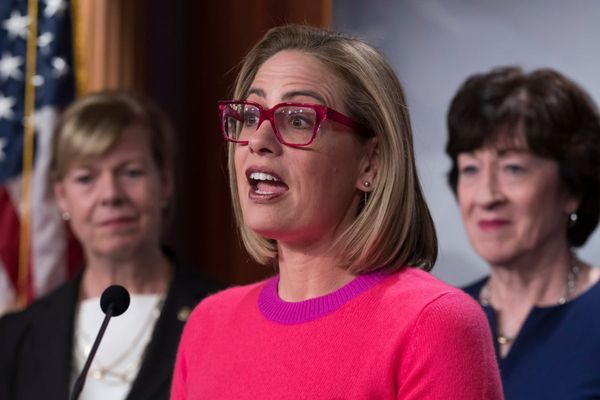
One of the architects of the ACT’s pill testing program has accused the New South Wales premier, Dominic Perrottet, of “magical thinking” after he responded to a renewed push for the scheme to be extended by saying “don’t take drugs”.
After the death of 26-year-old Kieran Ngo, a Commonwealth Bank employee from a suspected drug overdose at a Sydney music festival on the weekend, Perrottet faced questions over his government’s longstanding resistance to pill testing in NSW.
But despite a landmark government-commissioned review into drug addiction in the state previously calling for pill testing, the premier dismissed calls to reconsider the policy.
While expressing his condolences to the Ngo family, Perrottet insisted people should “stay safe” and “don’t take drugs”.
“We had an inquiry into ice [in] which we adopted many recommendations … which we believe will make a real difference to families right across NSW,” he said.
“But my clear message to people right across NSW [is] stay safe, and don’t take drugs and you will be safe.”
Those comments prompted a rebuke from David Caldicott, an emergency doctor and one of the architects of the ACT’s CanTest program, the country’s first dedicated pill-testing regime.
“It’s aspirational, but it’s not realistic,” Caldicott said.
“For the people who aren’t using drugs, that’s a great message. When I go and talk at my kid’s primary school I always say you shouldn’t use drugs. That’s a good message. But is it an effective message to the people who do use drugs? No. Because they are already using drugs.
“It’s exactly the same as Nancy Reagan’s ‘just say no’. We can all hope, and I think it’s probably magical thinking, but we can all hope for a drug-free Australia.
“But if we want to actually reduce the number of people who die from drugs that will require some different policies certainly than what you have in NSW. There is a credibility gap which exists in Australian politics and unfortunately it looks like one that a lot of politicians aren’t concerned about crossing.”
The NSW government in September responded to the landmark ice inquiry 32 months after it was released by prof Dan Howard. It committed $500m towards a series of health and justice reforms including an expanded drug court and a new pre-court diversion scheme for people caught with small amounts of drugs.
But the government had previously ruled out any change to its policy on pill testing. In 2019, the then premier, Gladys Berejiklian, said she was “convinced” the inquiry would not find any evidence to support its introduction.
It subsequently became a core recommendation of the report, but was immediately ruled out by the government.
While some health experts welcomed the government’s eventual response to the ice inquiry, it has also been criticised for not going far enough.
In September the president of the Australasian Chapter of Addiction Medicine at the Royal Australasian College of Physicians, prof Adrian Dunlop, said that the response “doesn’t go far enough”, pointing to a need for pill testing.
“The fact that the NSW government’s response continues to reject proven harm reduction measures – such as the establishment of more injecting centres where needed, the piloting of syringe programs in jails, and the implementation of pill testing – is disappointing,” he said at the time.
In the ACT the CanTest pill testing program has been running since the middle of last year. In December it issued its first “red alert” after it detected the drug metonitazene in a pill masquerading as the pharmaceutical drug oxycodone. Metonitazene is part of a class of drugs which can be as strong or stronger than the deadly opioid fentanyl.
The program also released research showing only 53% of drugs thought to be the drug ketamine actually were.
Caldicott said the program allowed young people in particular to make “better decisions”.
“Pill testing in Australia is blown out of all proportion because of the stridency of the opposition to it,” he said.
“It’s a medical service that allows young people to chat about their drug use and perhaps make better decisions than they were intending to.”
The opposition leader, Chris Minns, has said if Labor wins the upcoming state election it would hold a drug summit similar to that held by former Labor premier Bob Carr in 1999. The summit led to the creation of Australia’s first supervised medical injecting centre in Kings Cross.
After Ngo’s death the Greens MP Cate Faehrmann said it was “unacceptable” that the government had “sat on its hands” by refusing to adopt all of the ice inquiry’s recommendations.







